Our homes can be great places for pets to explore, play, and snooze. However, while there are plenty of home essentials that make our lives easier, these products can be deadly if pets aren’t supervised around them. Here are some common household items that, unfortunately, pose the most danger to your pets.
Medicine
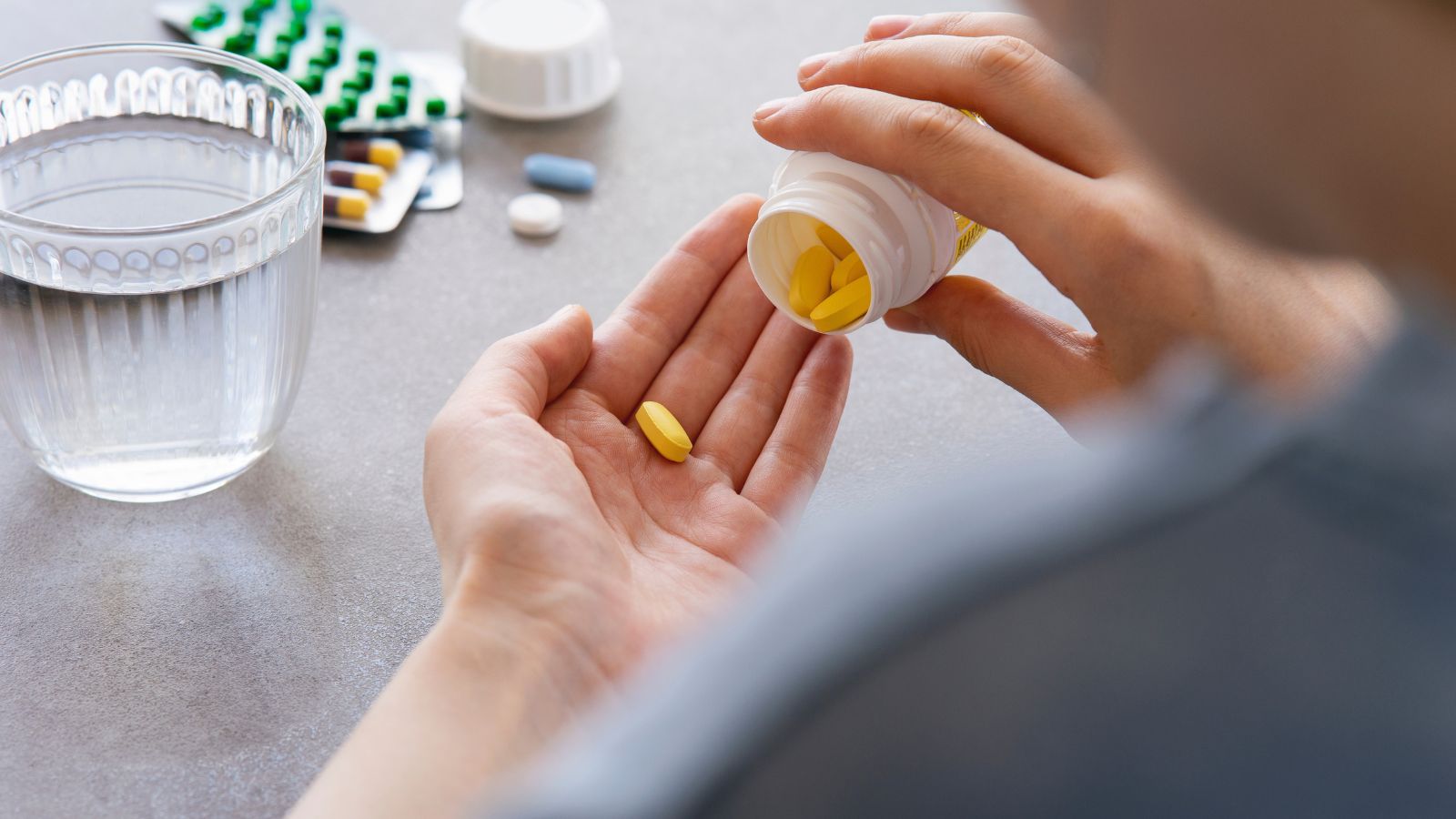
Medicine can help pets live and thrive. However, if pets get hold of the wrong medication, all hell can break loose. America’s FDA points out that the line between medicine and poison is extremely thin—you might mean well when you share your medicine with a pet, but the consequences can be tragic.
Mothballs
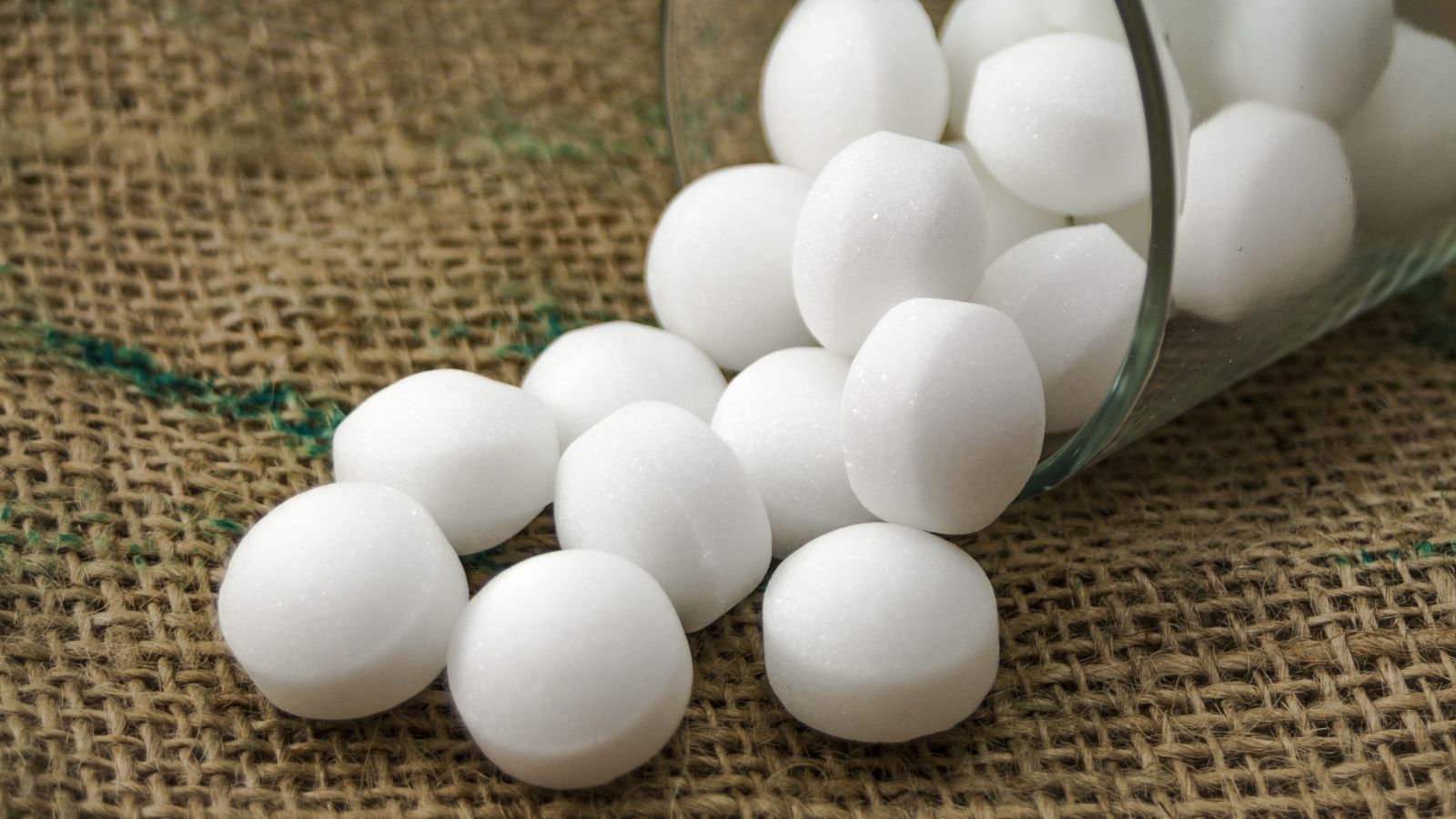
Mothballs are designed to protect your precious clothes from hungry insects, but they also pose a danger to inquisitive pets. Dogs are especially vulnerable to eating mothballs, as their natural curiosity leads them to test whether these balls of poison are a tasty treat. Make sure to keep your pets away from any items with mothballs.
Paint
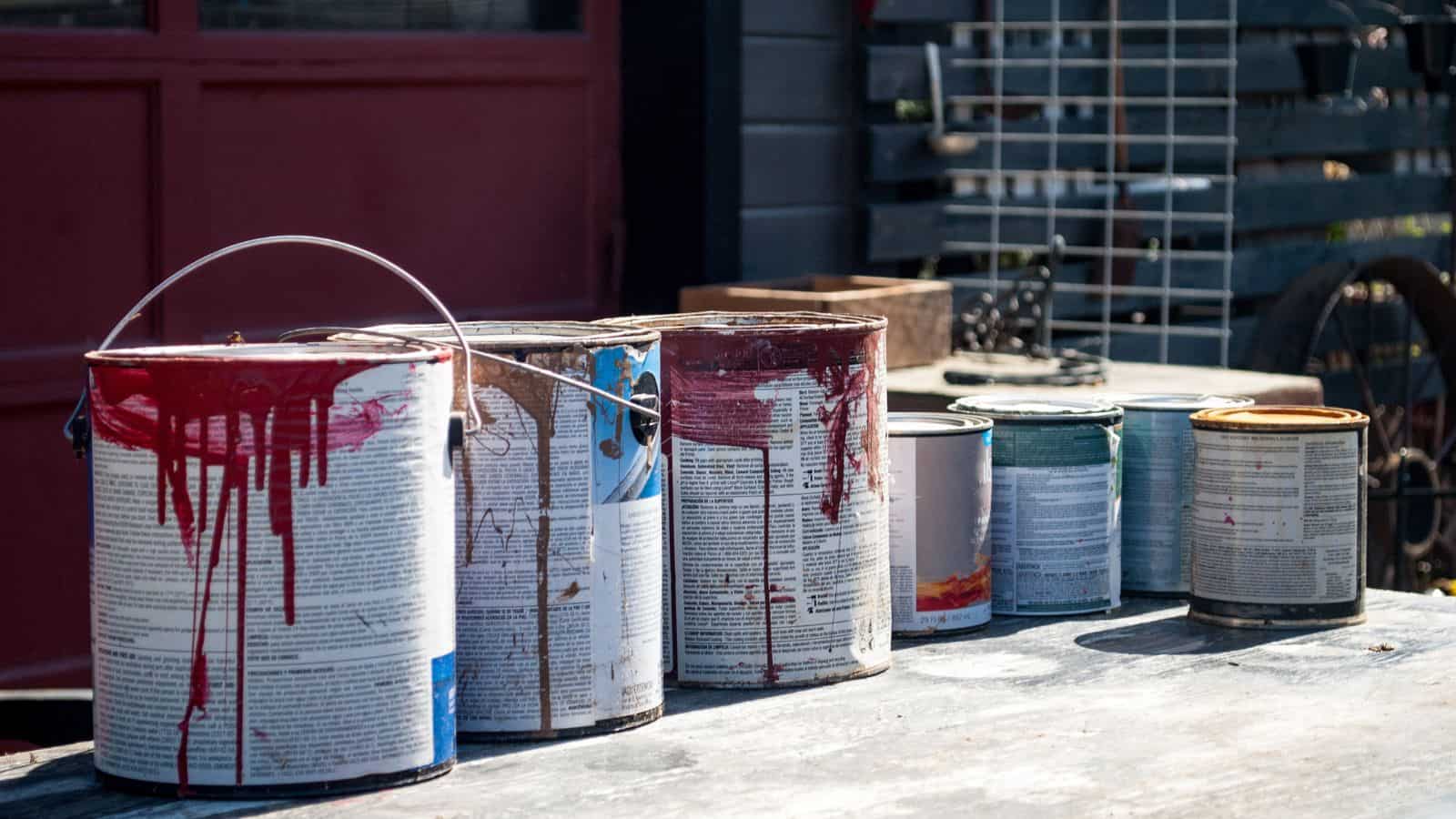
This one should be obvious; after all, we don’t benefit from a paint-based diet either. Nonetheless, it’s important to keep your dogs out of the way while decorating your home. Paint contains dangerous chemicals, and lead-based paints are especially dangerous—just a few chips can poison a Labrador Retriever!
Antifreeze
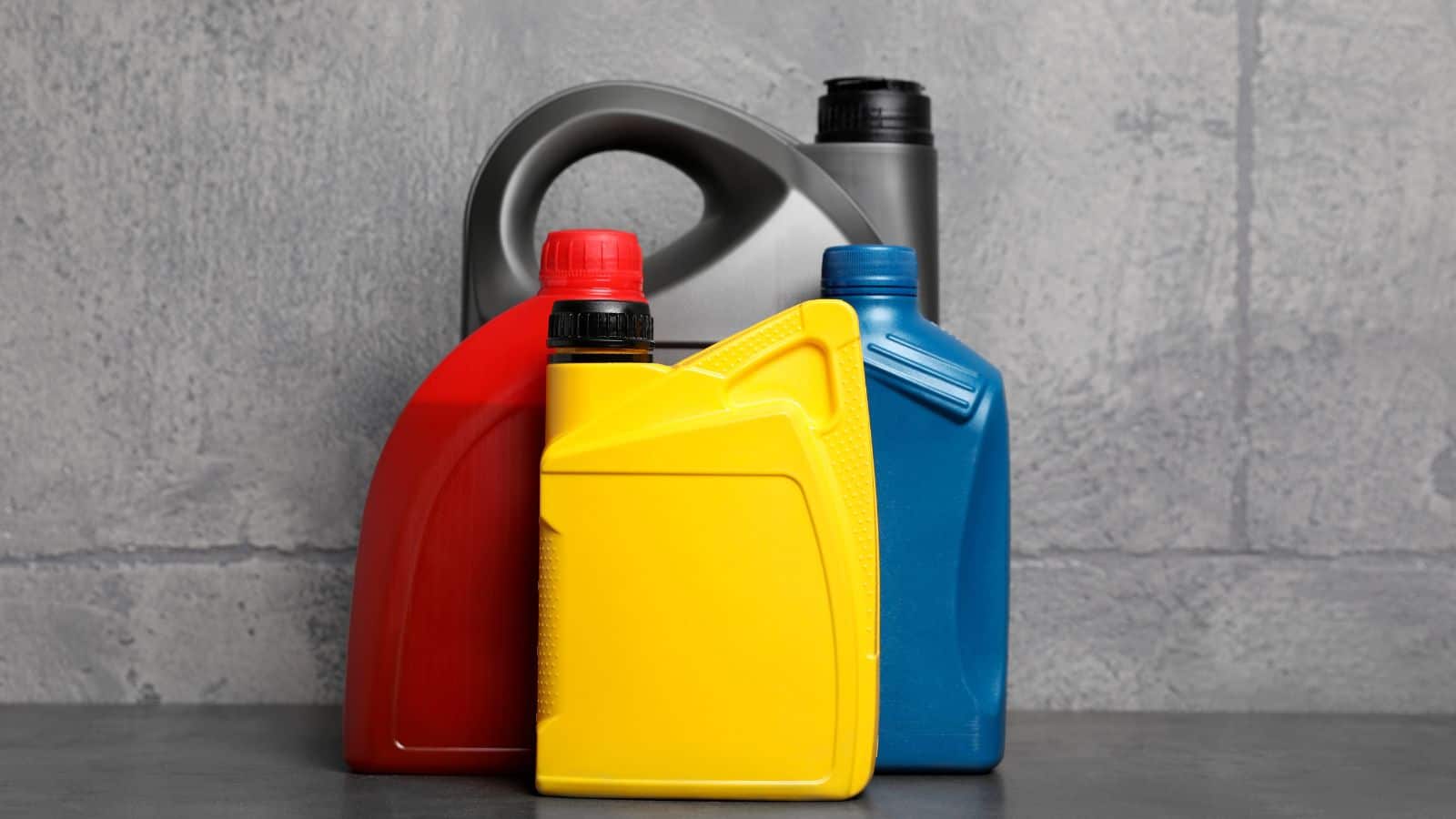
In the ‘80s, Austrian wine manufacturers made their wines sweeter by adding diethylene glycol, an ingredient in antifreeze. It wasn’t good for humans then, and it’s even less healthy for your pets now. Cats that consume antifreeze will suffer damage to their kidneys and nervous systems, often leading to death.
Slug Pellets
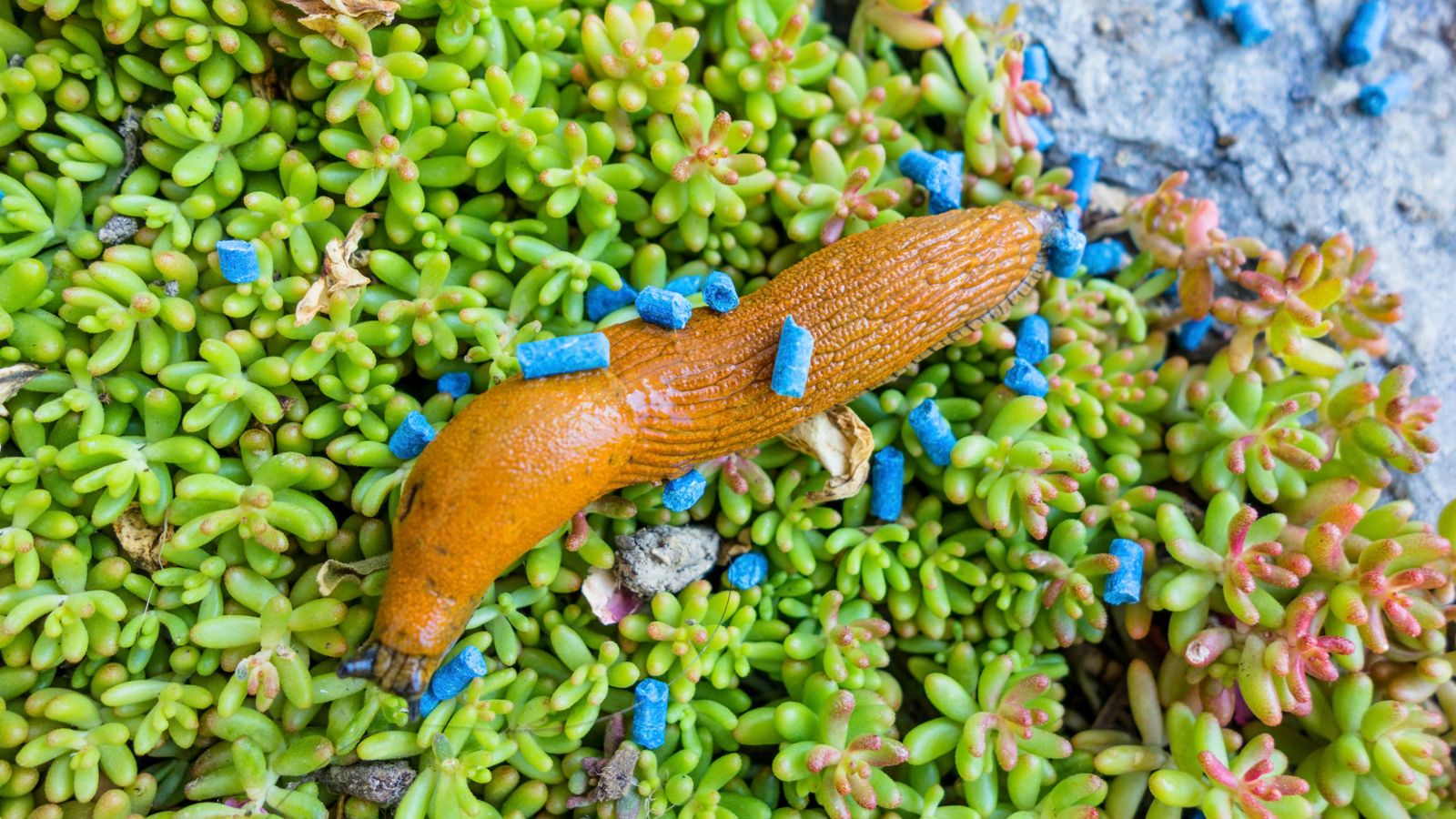
Slug pellets are a great way to keep garden pests from nibbling at your prize-winning lettuces—unfortunately, they’re just a little too good at their job. Slug pellets contain a dangerous chemical called metaldehyde, so it’s best to keep your dogs and cats well clear of the vegetable beds.
Antihistamines
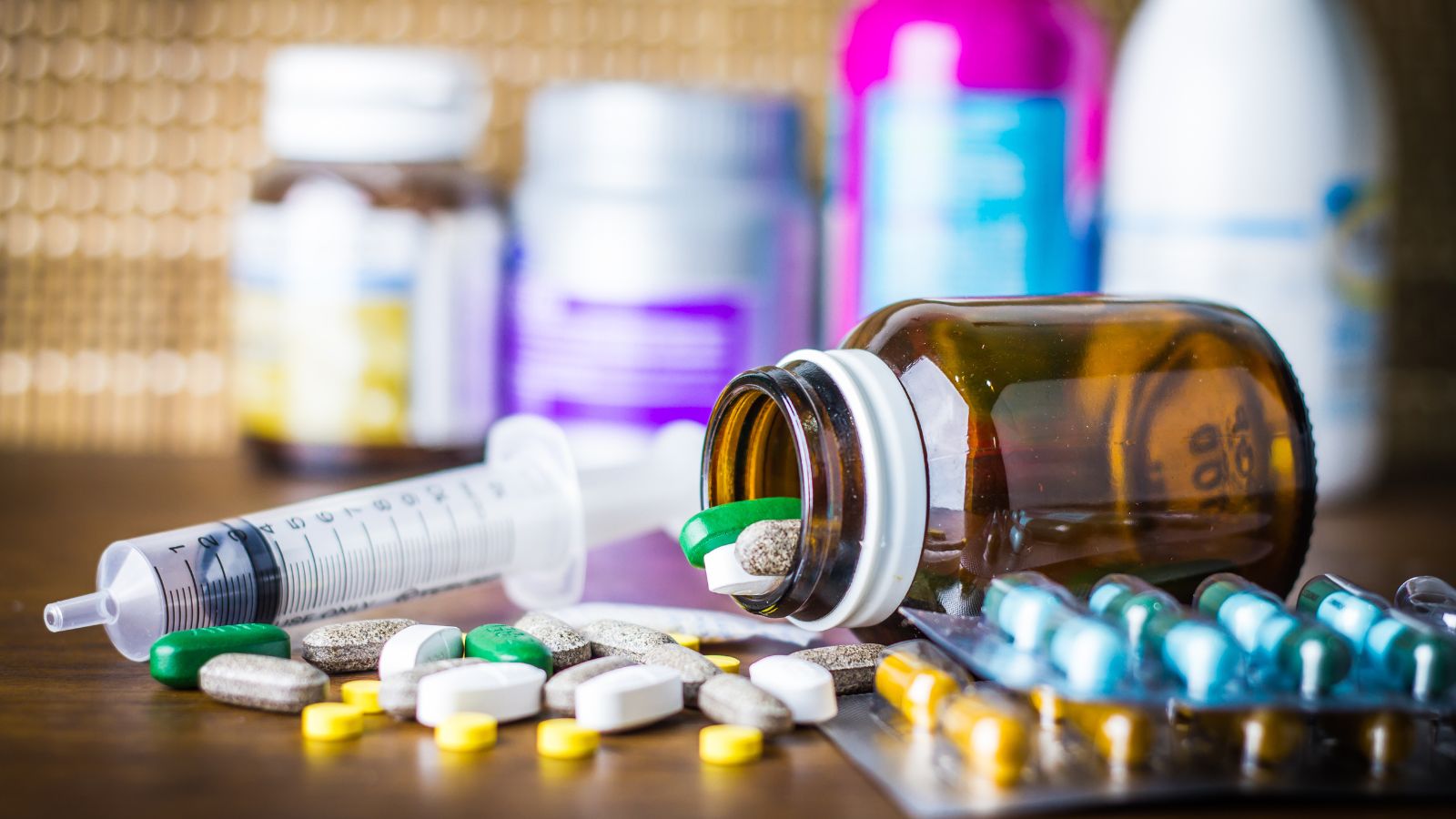
Antihistamines are a vital part of any medicine cabinet—especially during hay fever season. However, while it is possible to find pet-safe antihistamines, Wag! tells owners to be careful when giving these anti-allergens to their pets. The wrong type or dosage can lead to vomiting, seizures, and heart problems
Batteries
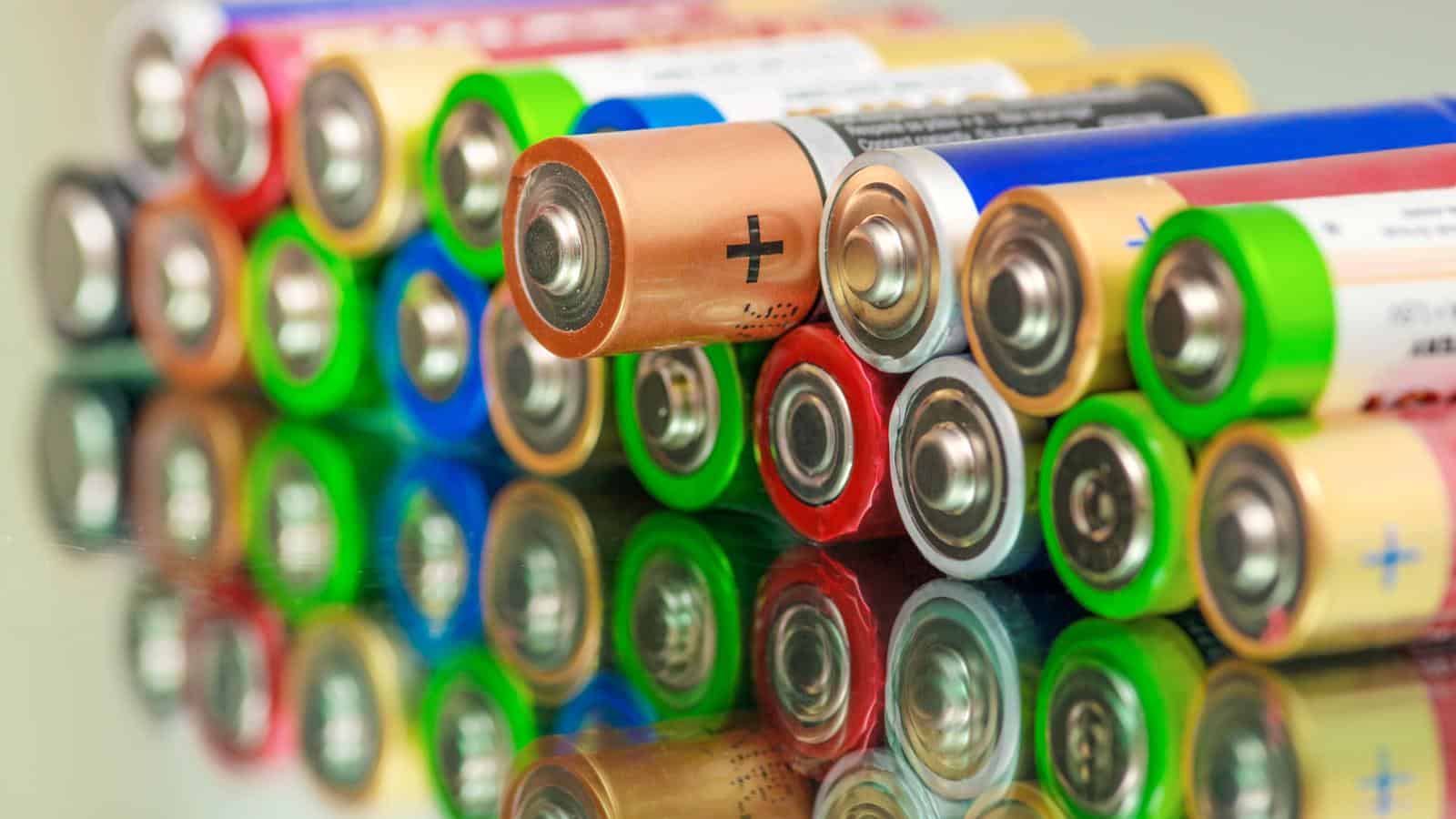
Some pets are more energetic than others, but even the laziest won’t benefit from snacking on batteries. Batteries contain corrosive chemicals like sodium hydroxide, so eating them is basically the same as swallowing a high-tech poison pill. If you think your pet has eaten a battery, get them to the vet ASAP.
Food Bags
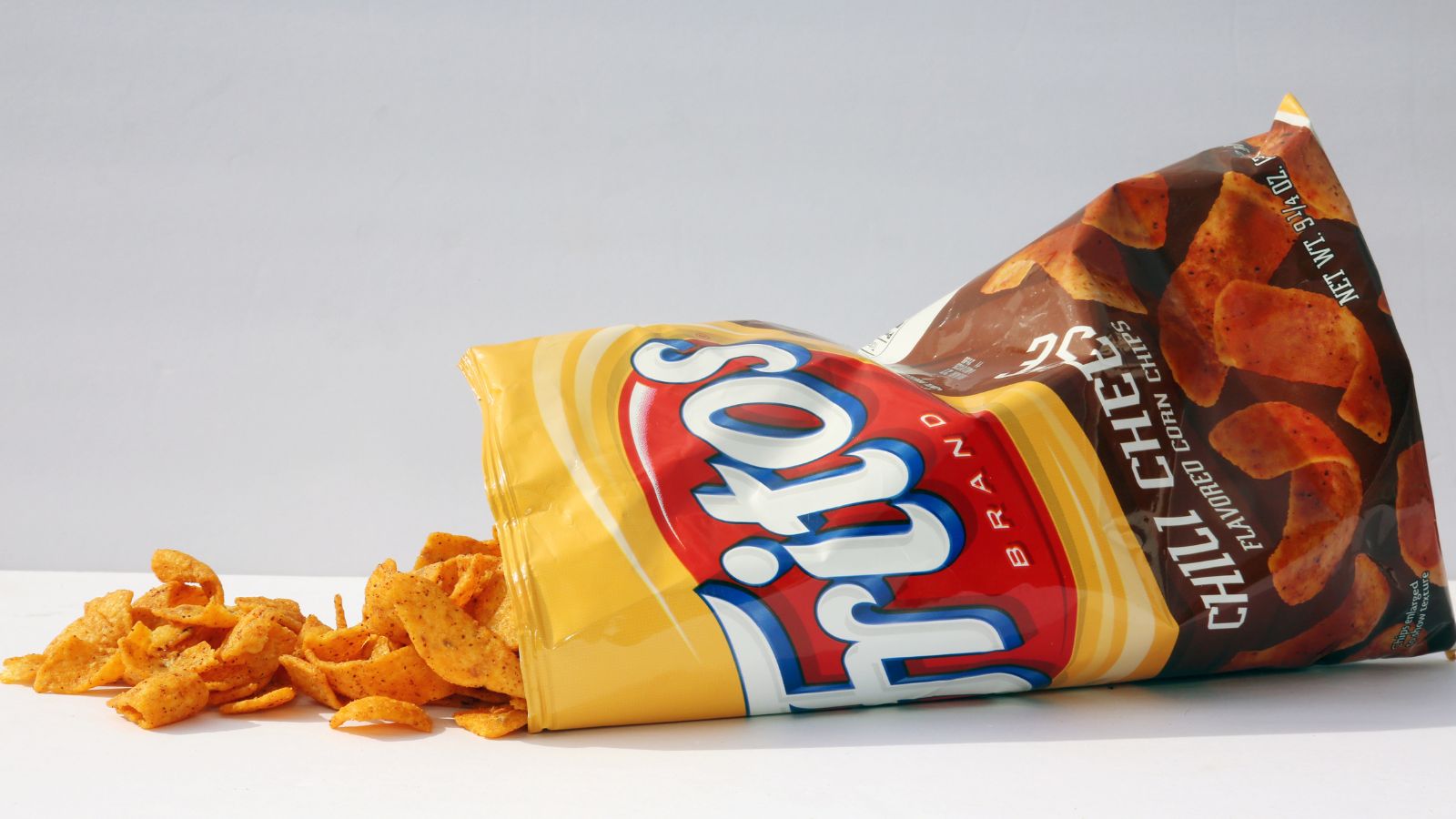
Be careful eating potato chips around your dog, as the seemingly harmless empty packet can be a deathtrap in disguise. Dogs searching for tasty crumbs can get more than they bargained for while sniffing inside food bags, as the packets can become caught on their noses, blocking their airways.
Weed Killer
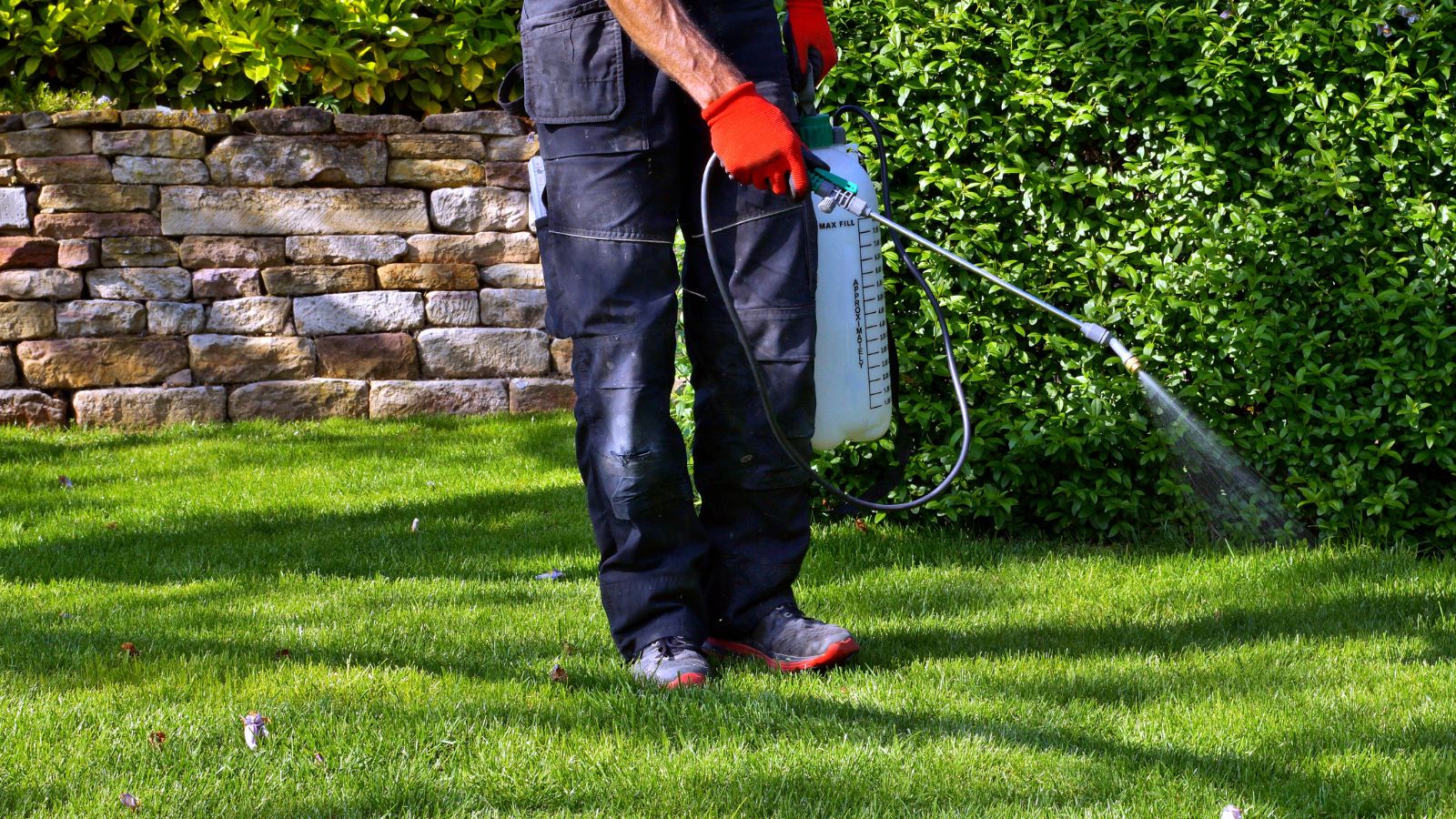
Weeds aren’t the only living thing that herbicides can kill. If your pet is vomiting, trembling, or having trouble breathing, there’s a danger that they’ve consumed weed killer while playing outside. Watch out for fertilizer, too—it might make your lawn look nice, but it can be harmful to pets.
Cleaning Products
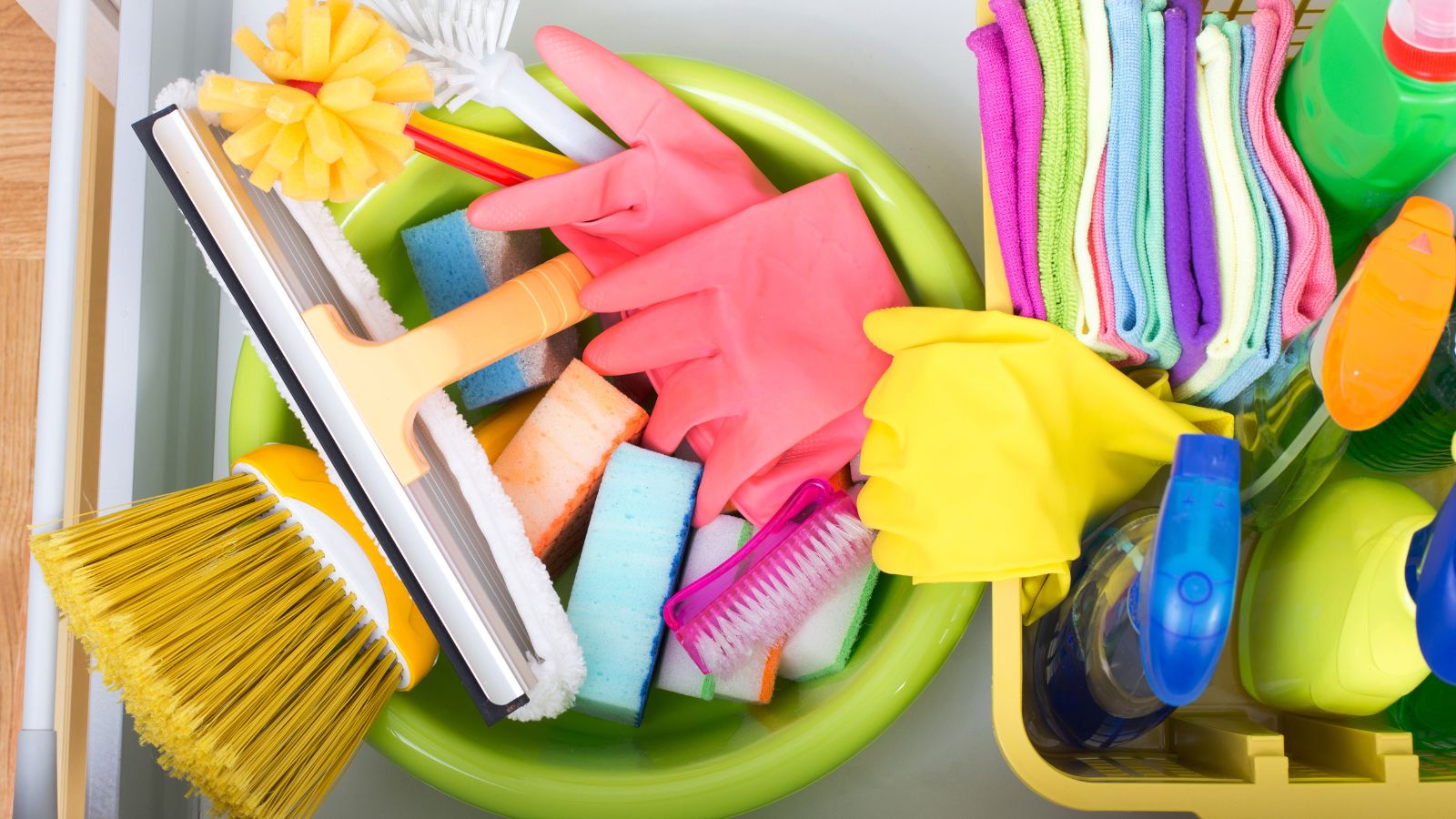
It’s important to keep your home sparkling, but it’s equally important to make sure that your pets aren’t allowed anywhere near bleach, fabric softeners, and toilet bowl cleaners. Even if your pets are smart enough not to consume them, these products can cause burns and other injuries.
Play Dough
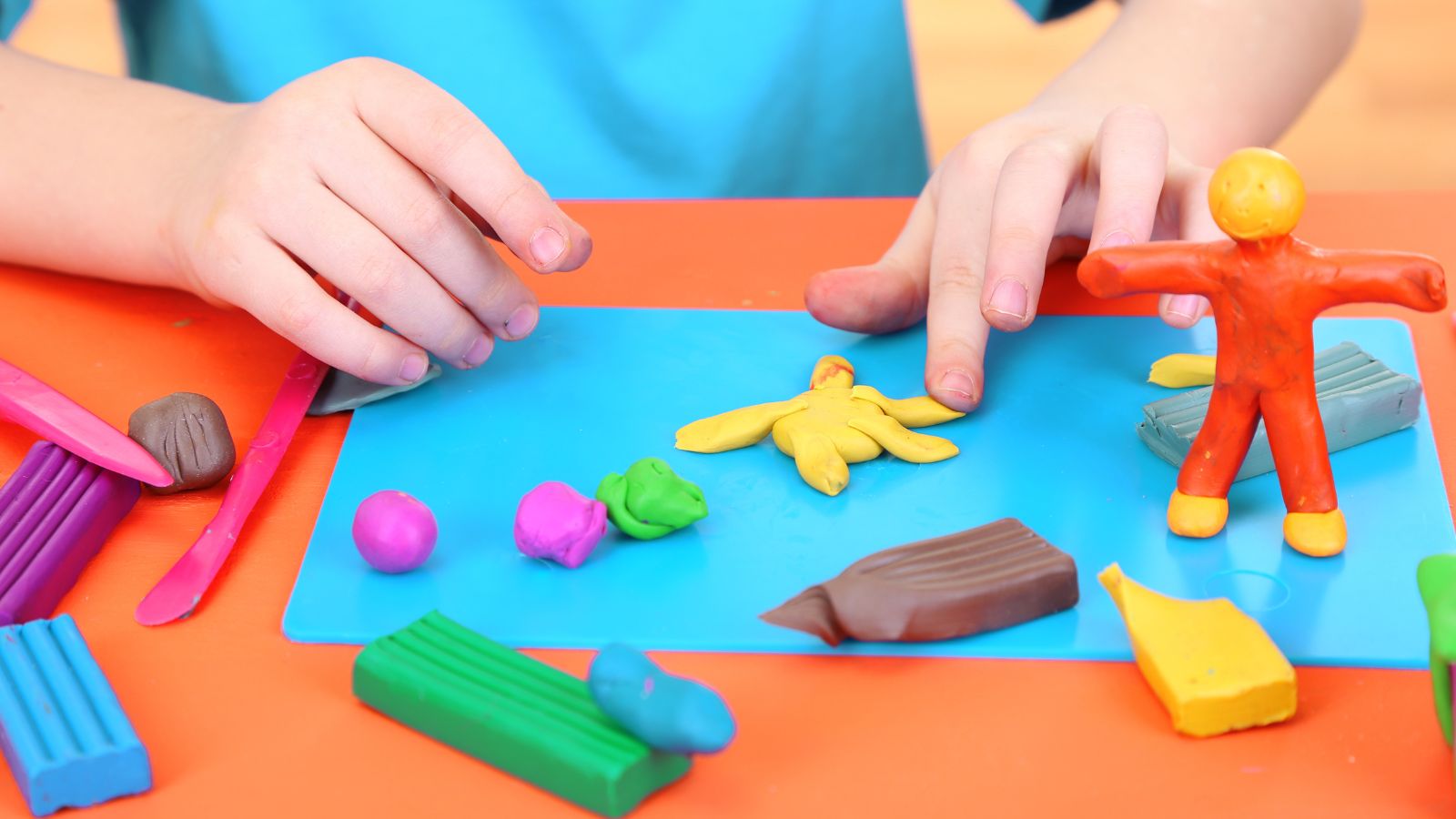
You probably have fond childhood memories of playing with dough, but we promise that your pets will feel sick rather than nostalgic if they’re allowed to consume this salty product. Salt poisoning can damage pets’ internal organs, while many brands of dough contain wheat, which is sure to lead to doggy indigestion.
Vitamin Supplements

You’ve heard that it’s possible to have too much of a good thing, and this is certainly true when it comes to pets and vitamin supplements. For example, many supplements contain vitamin D—while this is good in the right quantities, excessive consumption can be toxic.
Caffeine

We can’t function without our morning coffee, but our pets feel differently. The PSDA explains that the caffeine buzz that we enjoy is far more intense in pets, and it can lead to heart problems and seizures. This is one reason why dogs shouldn’t eat chocolate—it contains enough caffeine to hurt them.
E-Cigarettes
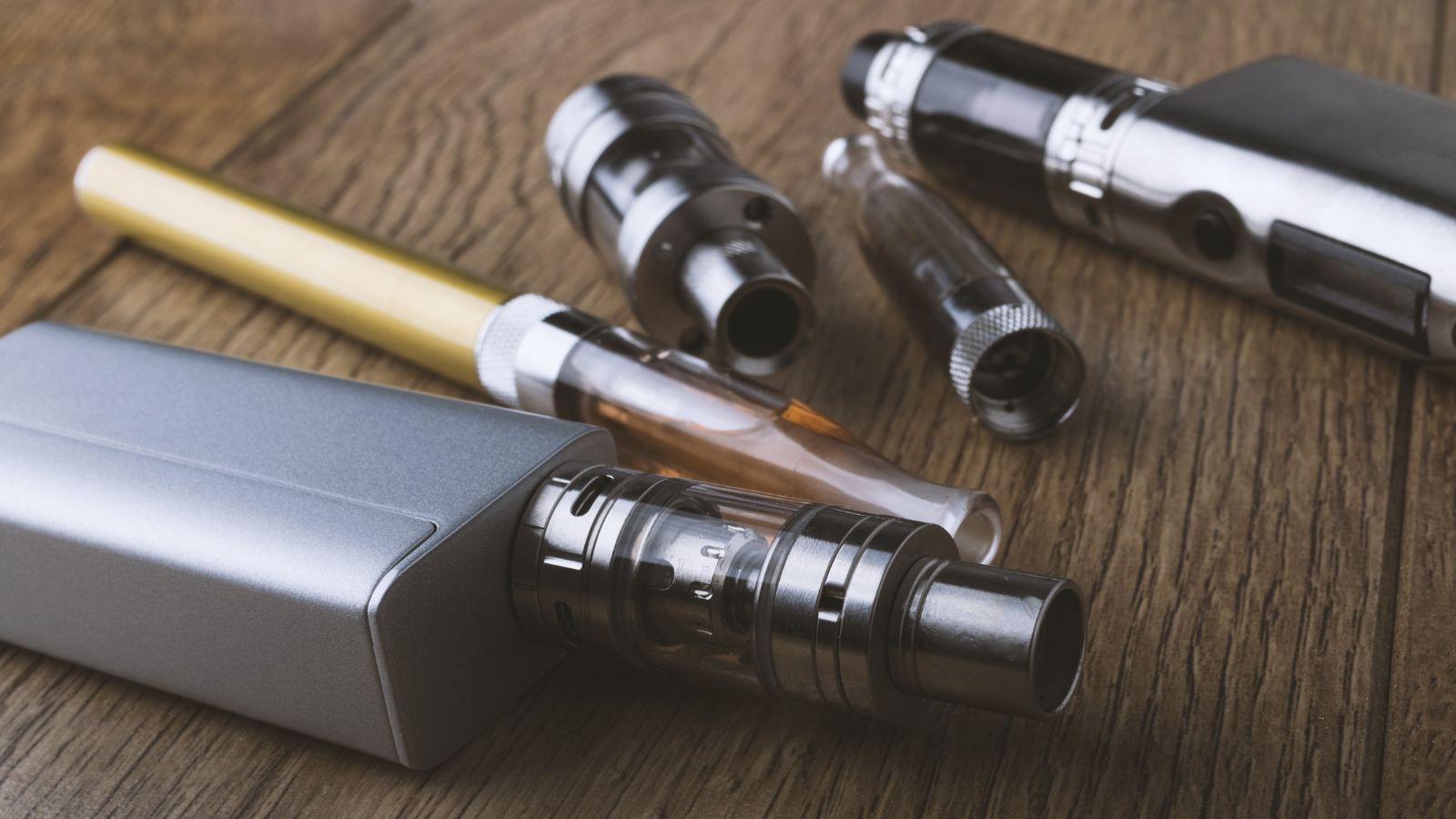
When people warn that smoking kills, they’re not just talking about humans! Even small amounts of nicotine can be harmful to pets, while furry friends who play with or chew on stray E-cigarettes are at risk of cutting themselves on broken glass or even swallowing the devices’ batteries.
Portable Heaters
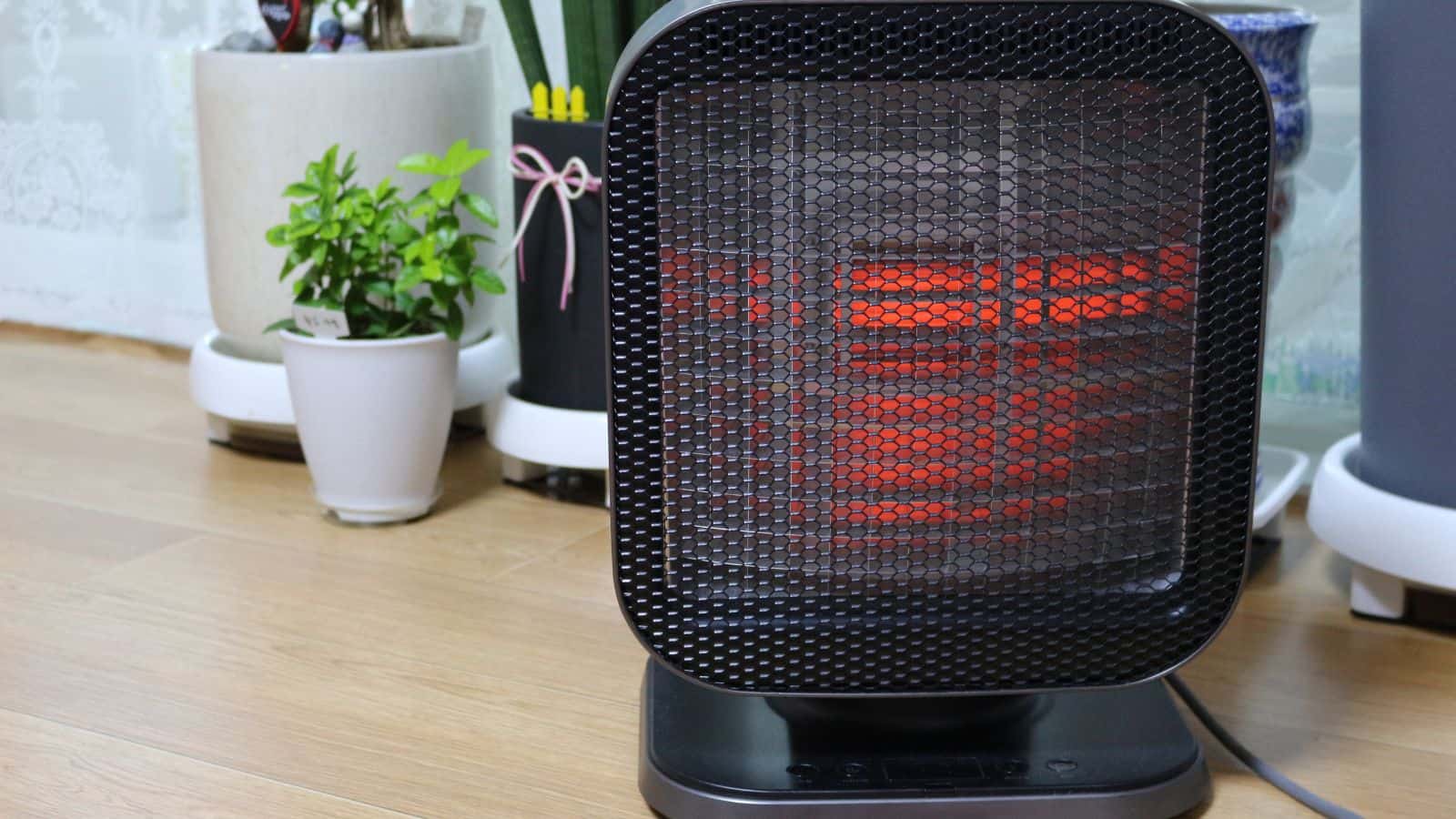
It’s fun to snuggle up with our pets on a cold winter night, but it’s important to prevent these cozy evenings from going up in flames. Keep an eye on your pets around portable electric heaters, as they may accidentally knock them over or get burned.
Barbecue Lighter Fluid

Just because your dog loves the smell of steaks hitting the grill doesn’t mean that they’ll enjoy everything barbecue-related. Lighter fluid should be kept away from dogs and cats at all costs—if they get too close, they risk suffering chemical burns or side effects from the fumes.
Christmas Decorations

Christmas might be the most wonderful time of the year for us, but it’s the most dangerous time of the year for pets. The RSPCA mentions numerous seasonal risks, such as tinsel, Christmas tree needles, and glass ornaments. Don’t just be on the lookout for Santa’s sleigh—pay attention to your pets too!
Painkillers
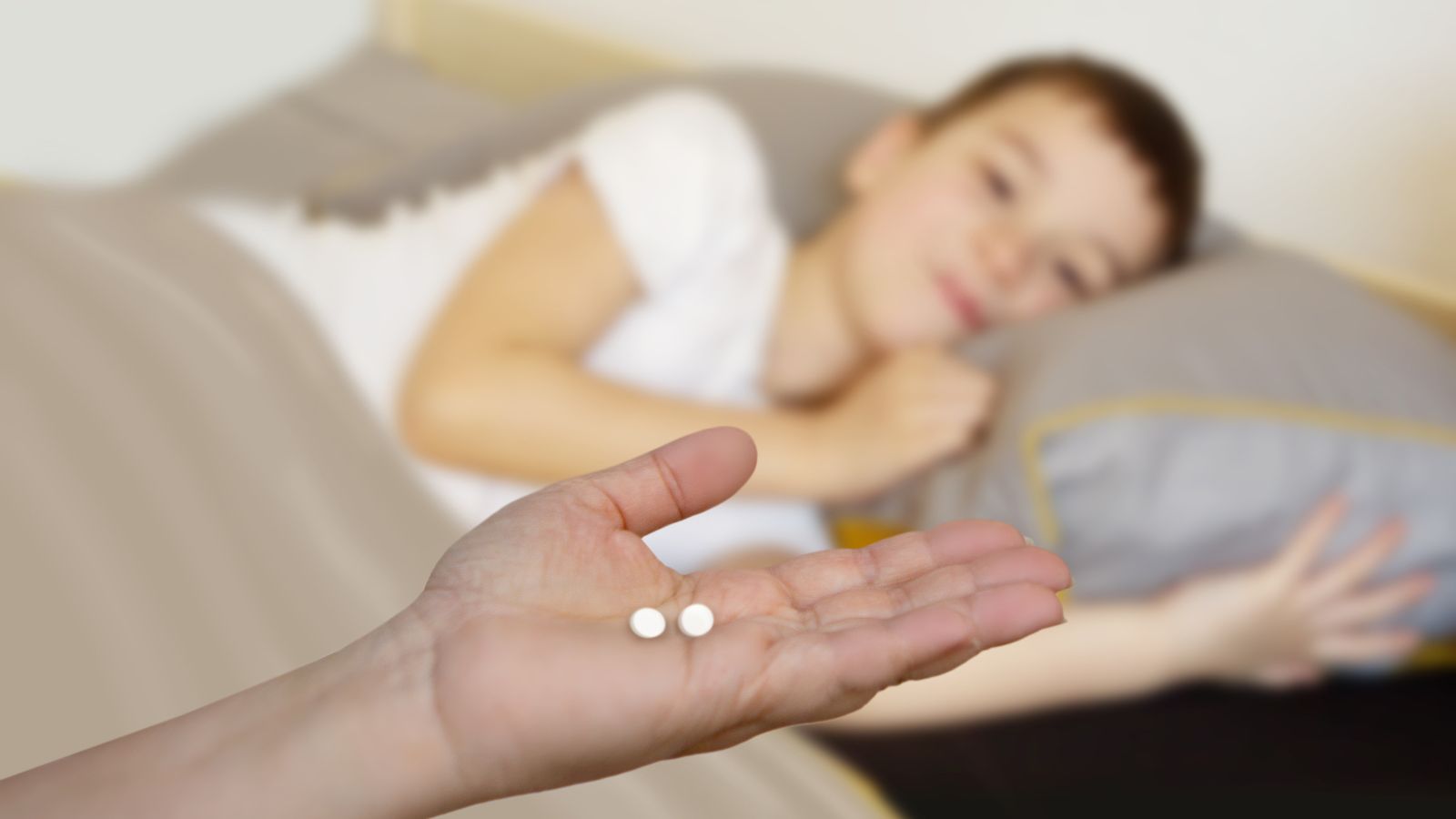
Pets can be a real headache at times, but the pain medicine that works for you won’t always work for them. Paracetamol is especially harmful to cats—just one 250 mg tablet can kill your favorite feline. Dogs should steer clear of aspirin, as consumption can lead to vomiting, kidney failure, and hyperthermia.
Magnets

Magnets aren’t exactly poisonous, but you should still take steps to prevent your pets from ever consuming one—let alone two! Multiple magnets can stick together while passing through pets’ digestive systems, leading to potentially deadly blockages. The only solution is expensive surgery, so prevention is definitely better than the cure in this case.
Up Next: Do You Know Your Rights? 17 Things You Don’t Have to Answer When Stopped by Police

The thought of getting stopped by the police is a nerve-wracking prospect for most people. It can be even worse if you’re not sure what you should and shouldn’t say, creating a sense of paranoia, anxiety, and confusion. If you’re worried about the potential for a confrontation with the cops, we’re here to help. This list covers 17 things you don’t have to answer when stopped by police officers.
Do You Know Your Rights? 17 Things You Don’t Have to Answer When Stopped by Police
18 Things That Say You Are Middle-Class and Not Rich

The difference between the rich and middle class can be confusing, but the two couldn’t be further from each other in reality. In this article, we look at 18 signs that someone is middle class but not at all rich or wealthy.
18 Things That Say You Are Middle-Class and Not Rich
18 Reasons You Feel Like You Don’t Belong Anywhere

Feeling like you don’t belong anywhere can feel incredibly isolating. We need companionship to keep us connected to the world, so if you’re struggling to form relationships and don’t feel that you don’t fit in, here are 18 reasons why that might be.
